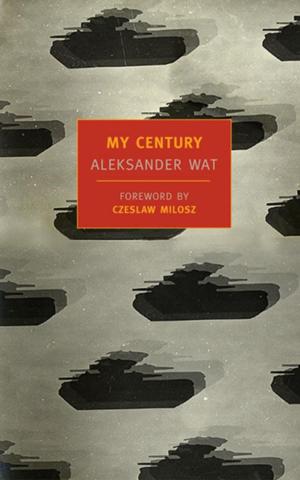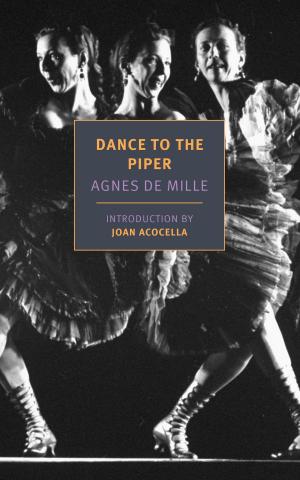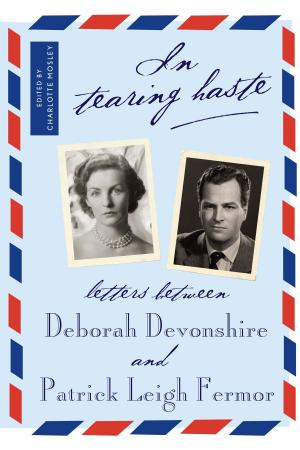| Author: | David Stacton | ISBN: | 9781590174715 |
| Publisher: | New York Review Books | Publication: | June 7, 2011 |
| Imprint: | NYRB Classics | Language: | English |
| Author: | David Stacton |
| ISBN: | 9781590174715 |
| Publisher: | New York Review Books |
| Publication: | June 7, 2011 |
| Imprint: | NYRB Classics |
| Language: | English |
David Stacton’s The Judges of The Secret Court is a long-lost triumph of American fiction as well as one of the finest books ever written about the Civil War. Stacton’s gripping and atmospheric story revolves around the brothers Edwin and John Wilkes Booth, members of a famous theatrical family. Edwin is a great actor, himself a Hamlet-like character whose performance as Hamlet will make him an international sensation. Wilkes is a blustering mediocrity on stage who is determined, however, to be an actor in history, and whose assassination of Abraham Lincoln will change America. Stacton’s novel about how the roles we play become, for better or for worse, the lives we lead, takes us back to the day of the assassination, immersing us in the farrago of bombast that fills Wilkes’s head while following his footsteps up to the fatal encounter at Ford’s Theatre. The political maneuvering around Lincoln’s deathbed and Wilkes’s desperate flight and ignominious capture then set the stage for a political show trial that will condemn not only the guilty but the—at least relatively—innocent. For as Edwin Booth broods helplessly many years later, and as Lincoln, whose tragic death and wisdom overshadow this tale, also knew, “We are all accessories before or after some fact. . . . We are all guilty of being ourselves.”
David Stacton’s The Judges of The Secret Court is a long-lost triumph of American fiction as well as one of the finest books ever written about the Civil War. Stacton’s gripping and atmospheric story revolves around the brothers Edwin and John Wilkes Booth, members of a famous theatrical family. Edwin is a great actor, himself a Hamlet-like character whose performance as Hamlet will make him an international sensation. Wilkes is a blustering mediocrity on stage who is determined, however, to be an actor in history, and whose assassination of Abraham Lincoln will change America. Stacton’s novel about how the roles we play become, for better or for worse, the lives we lead, takes us back to the day of the assassination, immersing us in the farrago of bombast that fills Wilkes’s head while following his footsteps up to the fatal encounter at Ford’s Theatre. The political maneuvering around Lincoln’s deathbed and Wilkes’s desperate flight and ignominious capture then set the stage for a political show trial that will condemn not only the guilty but the—at least relatively—innocent. For as Edwin Booth broods helplessly many years later, and as Lincoln, whose tragic death and wisdom overshadow this tale, also knew, “We are all accessories before or after some fact. . . . We are all guilty of being ourselves.”















